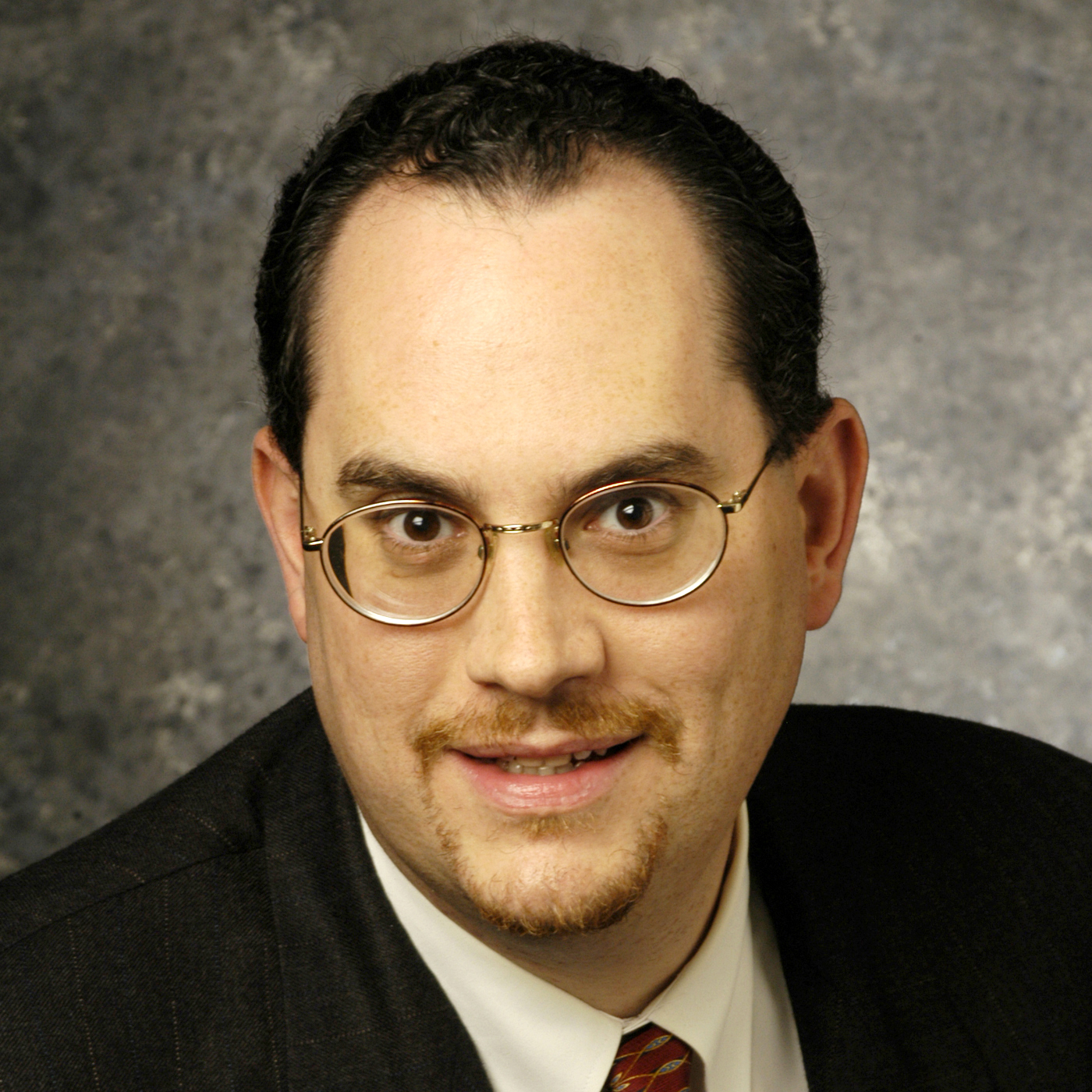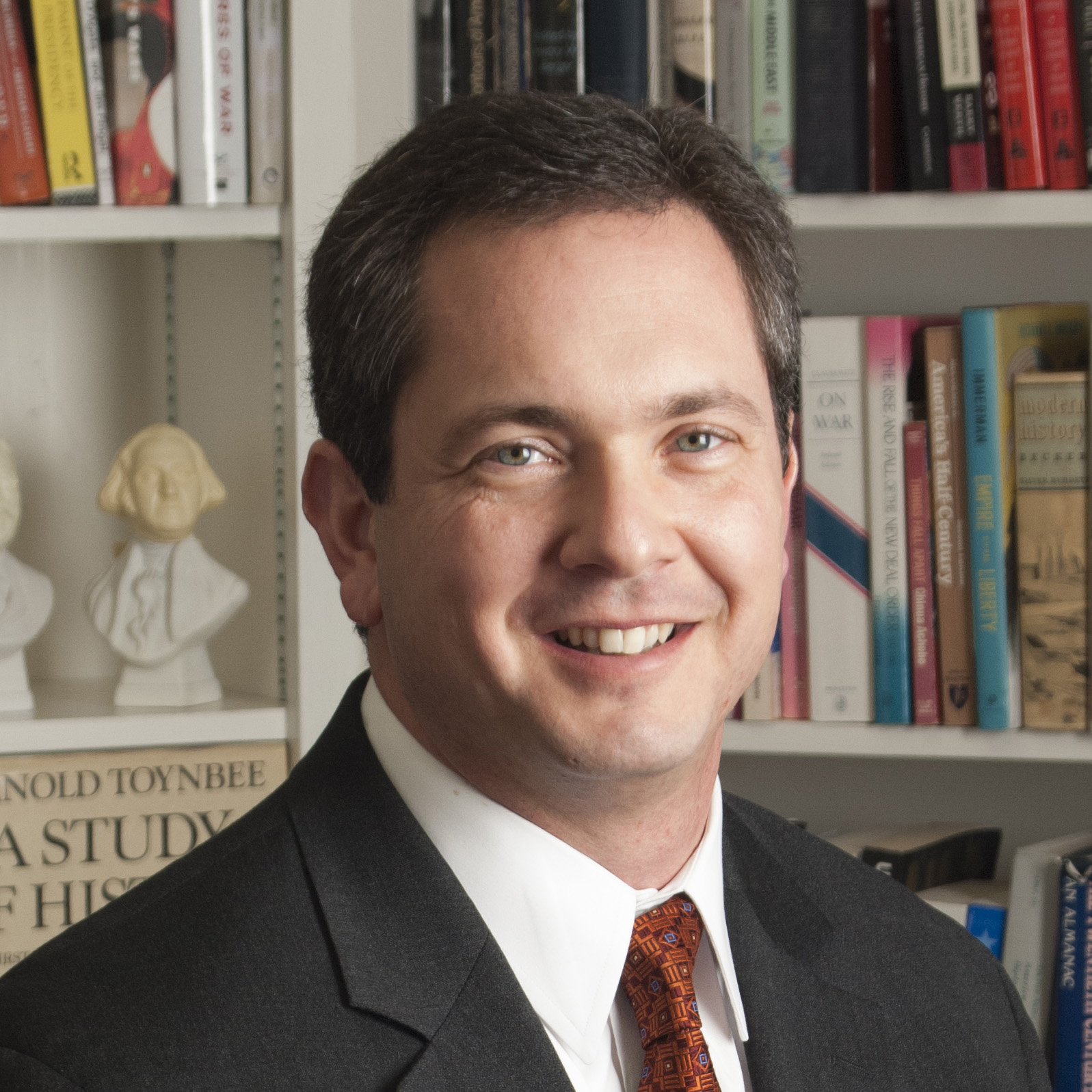Democrats’ internal struggles on display in Nevada
SMU political experts are available for interview on all things related to the current state of the presidential race.
DALLAS (SMU) – SMU experts are available for interview on all things related to the current state of the presidential race.
| TRUMP’S SUPREME COURT LIST ADDS NEW DYNAMIC TO ELECTION BATTLE |
|
|
For months, the Republican Party has been rallying its base around the fight to prevent President Barack Obama’s Supreme Court nominee Merrick Garland from ever taking a seat at that lofty bench. Now, the Democratic Party can respond in kind. Martin says Trump’s release of 11 names he’s considering for the Supreme Court vacancy opened by Antonin Scalia’s unexpected death adds a whole new dynamic to the presidential race. “Republicans, over the past 30 years the years of the culture wars, have done a much better job rallying their voters around the issue of having, ‘their people,’ in judicial positions on the courts,” Martin says. But seeing a presidential candidate list his potential picks for a vacant Supreme Court position before he is elected is a first. “Now, when Clinton says that Trump has named 11 people he will nominate, all of whom opposed Roe v Wade, and all of whom oppose all forms of gun control – now that’s a real threat. Because one of these people is not hypothetically going to be on the court, one of them is going to be nominated. How that plays out will be very fascinating to watch.” Trump’s gamble, says Martin, is that his nomination list will do more to rally conservatives to his banner than it will to push independents to Clinton’s camp. “It’s highly unusual to release the names of people you’re thinking about,” Martin says. “Nobody does that, but Trump’s trying to have it both ways. He says he doesn’t need to unite the party, but he makes moves like this that appear designed to unify.” Martin asks, is Trump trying to lure conservatives looking for a more “ideologically pure” candidate atop the ticket? “This suggests he is trying to make some peace offerings or show some cards that show, ‘Hey, I am one of you and you can trust me and why don’t you go ahead and come onboard.’” The last piece on the board of this game of courts is the current court itself, which declined to rule on a major case against Obamacare this week by sending the case back to lower courts. “The court was effectively saying, ‘We need another member and you can’t continue to leave us understaffed,’ and that really tees up the nomination question as an election issue,” Martin says. “I highly doubt you’ll see Clinton offer names like Trump did, though, as that would mean not showing support for Garland.” Martin is an SMU assistant professor of Communication Studies in the Meadows School of the Arts. She can discuss:
|
|
| DON’T SWEAT NEVADA, DEMOCRATIC NATIONAL CONVENTION SHOULD BE FINE |
|
|
The Democratic Party was shaken this week when the Nevada State Convention descended into chaos, sparked by disruptive Bernie Sanders supporters. The scenes of anger and reports of death threats prompted some to ask, “Is the Democratic National Convention suddenly at greater risk of being a disaster than the Republican National Convention?”
“No,” says Wilson. “Because that’s a really high bar.” “The Democrats have all long underestimated the level of dissatisfaction with their own establishment that exists within the ranks,” Wilson continued. “The real anti-establishment anger has been made obvious on the Republican side with Trump’s campaign, but there’s a lot of that with Sanders’ movement as well and some of that bubbled to the surface this week.” Wilson predicts the Democrats will orchestrate a “reasonably” smooth convention this summer, but did say there are other causes for concern revealed by the hubub in Nevada. “The thing we can lose sight of is that Hillary Clinton would be the least popular candidate that either party has ever nominated, which is obscured by the fact that Trump is even more unpopular,” Wilson says. “Clinton is not beloved by the Democratic Party. The big worry is disaffected Sanders supporters could stay home or gravitate toward Trump if he’s able to reach out to them with his populist message.” And Wilson doesn’t expect Sanders to do anything to allay those fears anytime soon. “Sanders thrives on the anti-establishment sentiment,” Wilson says. “He thrives on this sense the game is rigged and the party bosses are cheating him, and he doesn’t want to tamp that down. Clearly he doesn’t want violence, but he’s perfectly happy having a certain amount of righteous anger.” As for the Democratic Party’s handling of the Sanders and the Nevada protests, Wilson thinks the party is doing just fine, with the caveat that maybe they should let Sanders have some of the delegates he’s fighting for since it won’t make up the difference in the end. But Wilson did caution that more acrimony could lie ahead. “June 7 is the last day of primaries,” Wilson says. “It will be very interesting to see what Bernie Sanders says on June 8.”
Wilson is an SMU associate professor of Political Science. He can discuss:
|
|
| PROVIDING HISTORIC PERSPECTIVE TO ‘YEAR OF THE OUTSIDER’ IN POLITICS |
|
|
It’s not uncommon for politicians running for the presidency to flash their outsider status and promise to, “Clean up Washington,” but normally they’re at least long-time, card-carrying members of the party they’re running to represent. Not so this year, courtesy Donald Trump and Bernie Sanders. Engel says historians might have to look back 200 years to find a similar scenario. “Ronald Reagan, in some ways, was an outsider and Jimmy Carter was, in some ways, an outsider, but you might have to look back 100 years ago to find a nominee like Trump who, if you had asked six years ago, would have been a member of the opposite party,” Engel says. Despite the recent chaotic protests at the Democrats’ Nevada State Convention, Engel thinks the Democratic National Convention will still be more unified than the Republican National Convention this summer. “Alliances are not made between friends,” Engel says. “Alliances are made in opposition to common enemies, and Sanders and the Democrats are a great example of this. Sanders has had some questions or political reasons to identify as an independent instead of a Democrat, but he sure as heck won’t identify as a Republican.” Engel is director of the SMU Center for Presidential History. He can discuss:
|
|
###
SMU is a nationally ranked private university in Dallas founded 100 years ago. Today, SMU enrolls approximately 11,000 students who benefit from the academic opportunities and international reach of seven degree-granting schools.
21754-nr-05/19/16-kr


